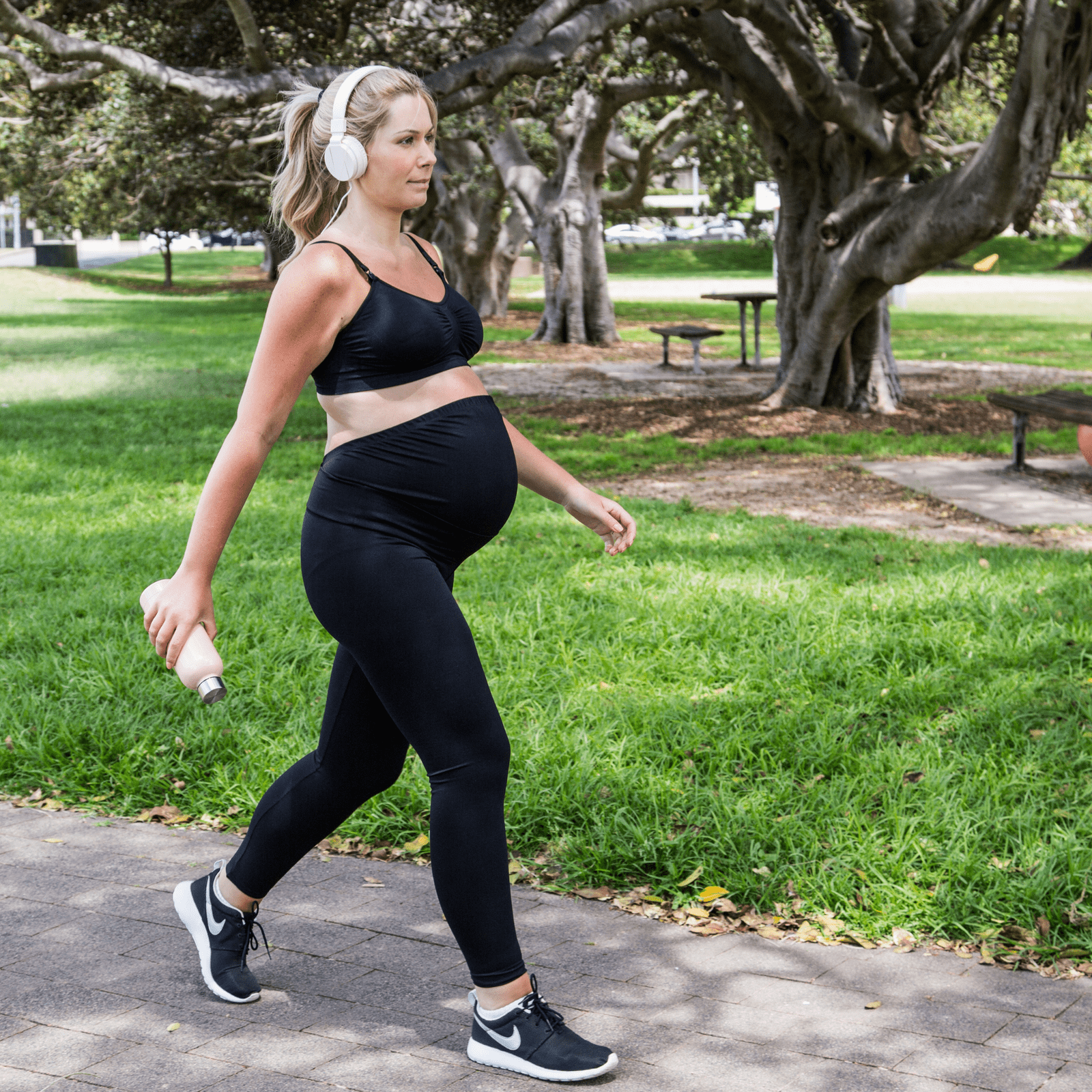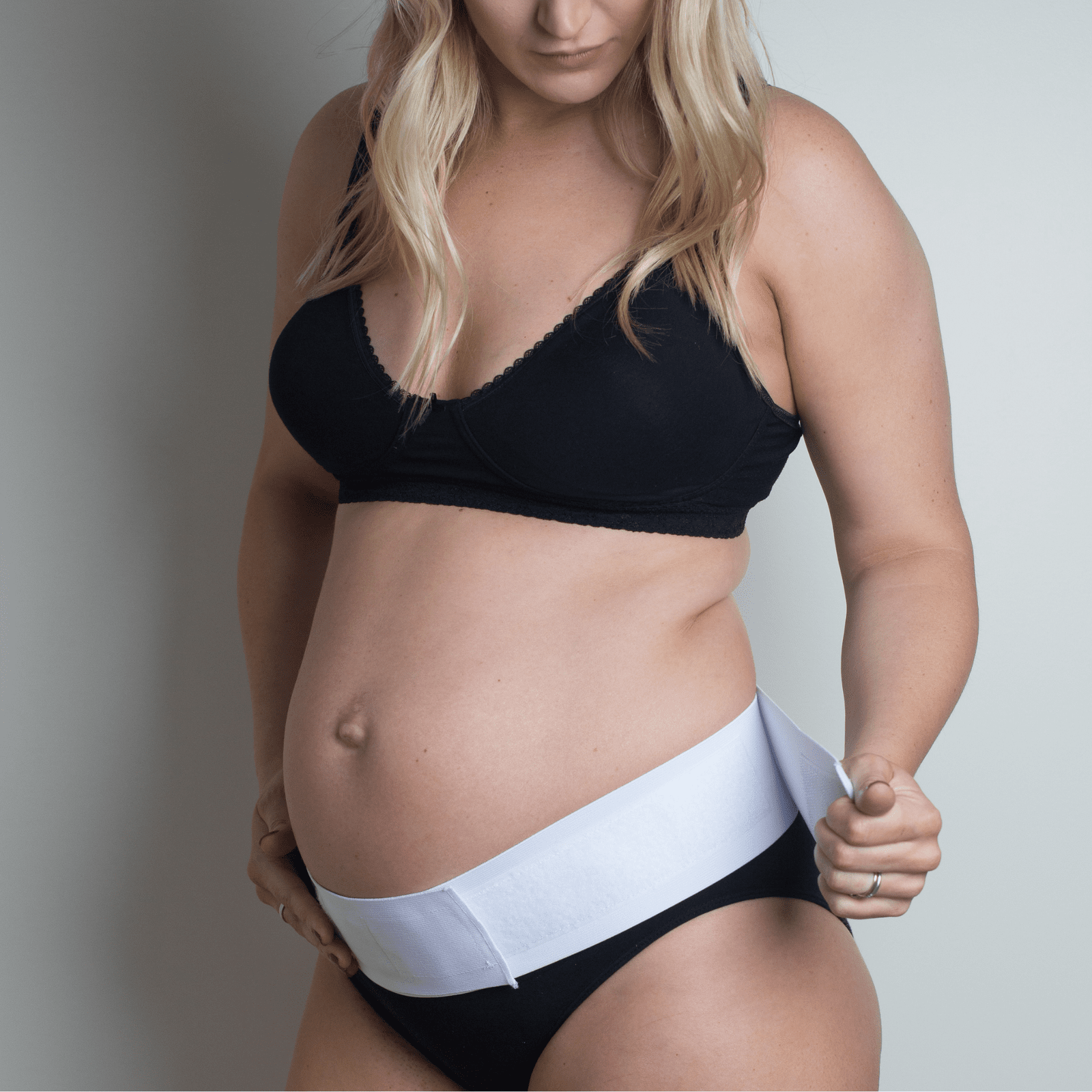Ah, morning sickness. Whoever came up with that name clearly never spent a whole day hugging a toilet bowl. For me, it hit like clockwork every morning by week six and then politely stuck around for lunch and dinner too.
It’s no secret that up to 80% of expecting mums experience nausea during pregnancy . But here’s the truth: while it’s common, it doesn’t make it easy. I remember feeling queasy, weak, and slightly betrayed by my own stomach. But, over three pregnancies, I learned what actually helps and what’s just old wives’ tales[1].
So, here are my 10 tried-and-tested tips to calm that rollercoaster tummy and reclaim your mornings (and afternoons… and late-night snack breaks)- backed by experts and other experiences mummas.
What Is Morning Sickness, Really?
Morning sickness is that charming combo of nausea and vomiting that usually hits during the first trimester. For most of us, it starts around weeks five or six and peaks by week nine. The cause? Hormones (specifically hCG and oestrogen), fatigue, heightened smell, and sometimes low blood sugar.
In most cases, it fades by week 14, though if you’re one of the lucky few like me, it might hang around a little longer. If you can’t keep fluids down or start losing weight, though, that’s when it might be hyperemesis gravidarum (HG), which needs medical help fast.
1. Snack First, Move Later
This one was a game-changer. Before I even sat up, I’d nibble on a dry cracker or piece of toast from my bedside table. That little bit of food in my stomach before moving helped prevent the wave of nausea that used to hit the second my feet touched the floor.
Pro tip: Don’t let your stomach get empty. Keep bland snacks handy - crackers, pretzels, or plain popcorn — and graze every couple of hours.
2. Ginger: Nature’s Tiny Hero
When I couldn’t handle the smell of toast or the thought of eggs, ginger was my best friend. Ginger tea, ginger lollies, even ginger biscuits, anything to help.
Research actually backs this up: ginger has been shown to reduce nausea in pregnancy . I like to steep fresh slices in hot water or sip on ginger ale that’s actually made with ginger (check the label).
 3. Sip, Don’t Gulp
3. Sip, Don’t Gulp
Staying hydrated is tricky when every sip makes your stomach somersault. What worked for me was cold water and small sips, constantly. Warm drinks made it worse.
If plain water wasn’t cutting it, I’d add a splash of lemon juice or try electrolyte drinks. Ice chips, frozen fruit cubes, or even jelly cups also helped keep things down on rough days.
4. When Food Is the Enemy
You know those days when everything smells wrong? (For me, it was anything cooked in oil — instant nausea.)
If that’s you, eat cold foods. They smell less intense. I’d often meal-prep in the morning when I felt my best, then eat those prepped snacks later without having to cook.
Bonus: Ask your partner or a friend to handle dinner duty for a few weeks. You’re growing an entire human — they can handle the frying pan.
5. Vitamin B6 and Wristbands Actually Help
I’ll be honest, I used to roll my eyes at those acupressure wristbands until I tried them on a car ride. Game-changer.
Pressing on the P6 point (three fingers below your wrist crease) can reduce nausea for some people . And vitamin B6 (pyridoxine) is one of the first things most doctors recommend for morning sickness, safe and evidence-based.
Always check with your GP or pharmacist for the right dosage, especially if you’re taking prenatals.
6. Get Fresh Air, Mama
Whenever I felt trapped and dizzy, I’d step outside- even if it was just the balcony. Sometimes I’d take off my slippers and stand barefoot on the grass (sounds silly, but the cool air and change in smell helped so much).
A cool shower or open window can do wonders too. Think of it as a mini reset button.
7. Mindful Breathing: Calm Body, Calm Belly
Deep breathing became my secret weapon. When nausea would spike, I’d close my eyes, inhale through my nose for four counts, and exhale slowly through my mouth for six. We also have a blog that features mindfulness throughout pregnancy: Finding Your Calm: Rituals to Prepare for Labour.
It doesn’t “fix” nausea, but it gives your nervous system something else to focus on. Plus, it’s great practice for labour, multitasking at its finest.
 8. Rest Is Medicine, Too
8. Rest Is Medicine, Too
Morning sickness feels worse when you’re exhausted. I learned to nap whenever my body said, “stop".
And don’t feel guilty about slowing down. You’re literally creating a life that is productivity. My favourite comfort combo was curling up with my New Beginnings Pregnancy Back Support Tube. As one reviewer, Alison, put it:
“Coming towards the end of my pregnancy in winter, this tube has been a life saver. It keeps my belly warm and eases back and tummy pain - it’s like a bra for your belly!”
I couldn’t agree more.
9. The Nausea-Fighting Comfort Kit
I put together a little “anti-nausea kit” I carried everywhere and it genuinely saved me. Inside:
• Ginger chews
• Dry crackers
• A bottle of chilled water
• A peppermint roller (for sniffing only, not on skin)
• Acupressure wristbands
• A small bag of nuts
Tiny comforts, big difference.
10. Know When to Ask for Help
If you’re throwing up so much you can’t keep fluids down, feel dizzy, or notice your urine turning dark, please don’t wait it out. Call your doctor or maternity unit. Hyperemesis gravidarum (HG) is serious, but it’s also treatable, you just need proper support[2].
When I hit that point with my second pregnancy, my doctor prescribed medication and IV fluids, and I can’t explain the relief. I could finally eat, sleep, and function again.
There’s no badge for suffering through it, ask for help early, mumma.
The Science Bit (because I Googled everything)
If you’re wondering what’s actually safe and effective for morning sickness, here’s what research and official guidelines say:
• Ginger: Proven to reduce nausea and vomiting during pregnancy. Safe in moderate doses.
• Vitamin B6: Recommended first-line by medical guidelines for mild to moderate nausea.
• Acupressure: Shown to be helpful for some women without medication side effects
• Hydration: Staying hydrated (even by ice chips) can prevent hospital visits for dehydration[3].
Morning sickness can make you feel defeated, but it will pass. You’re doing your best and that’s more than enough.
Eat what you can, drink what stays down, and nap whenever possible. One day soon, you’ll be able to look back and laugh about how you lived on crackers and ginger tea for three months straight.
You’ve got this, mumma - nausea and all.

FAQs About Morning Sickness
How long does morning sickness last?
For most mums, it fades by week 14. For some, it can last longer. If it’s stopping you from eating or drinking, talk to your doctor — there’s help available.
Is it normal to feel sick all day?
Yes! “Morning” is a lie. Nausea can hit any time. Focus on small snacks and rest when you can.
Can I drink coffee while feeling nauseous?
If coffee makes you gag, skip it for now. Try iced tea or peppermint tea instead.
What foods make morning sickness worse?
Greasy, spicy, and strong-smelling foods are common triggers. Stick to bland, light meals until things settle.
When should I see a doctor about my morning sickness?
If you can’t keep fluids down for 24 hours, are losing weight, or feel weak or dizzy, call your doctor. It could be hyperemesis gravidarum, which needs treatment.














